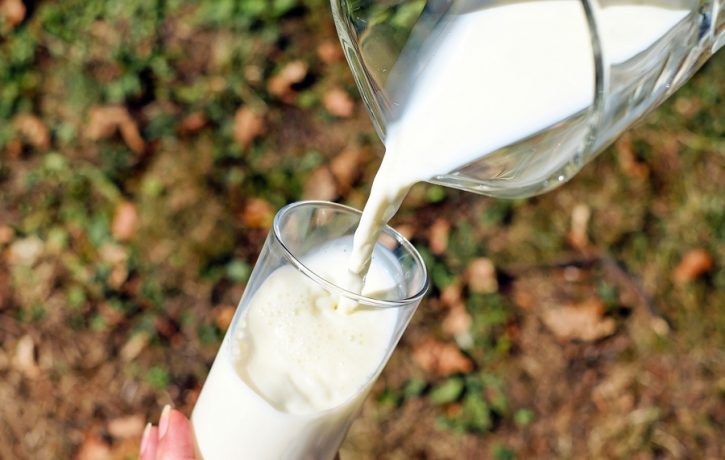in Nutrition
Dairy or Lactose Intolerance? What’s the difference?

Many of the clients who come to see me in clinic experience gastro-intestinal symptoms such as bloating, indigestion, flatulence, diarrhoea, constipation – or both alternating -, nausea or stomach pains. They wonder whether something in their diet might be causing the problem and ask for a food intolerance test.
There are many possible reasons for gastro-intestinal symptoms, and food intolerance is indeed one of them. We offer food intolerance testing at The Body Matters, mostly using a small home test (Cambridge Nutritional Sciences – CNS Food Detective – click here for details) or alternatively sending off a small blood sample to a lab for a more thorough and detailed investigation.
Sometimes the test flags up intolerances (there is usually more than just one), but sometimes it comes back negative and yet the client is quite sure that something they are eating doesn’t agree with them. More often than not the prime suspect is dairy. But can you be intolerant to something even though the test said you’re not?
Yes, you can, because there is the possibility that you are a) allergic to milk or b) lactose intolerant. The CNS Food Detective as well the more sophisticated food intolerance lab tests are checking for IgG antibodies to food proteins. Allergy tests look for IgE antibodies; again, something that will only occur in response to proteins. (Click here for details about the difference between food allergies and food intolerance/sensitivity.) Lactose, however, is a sugar, not a protein. It does not trigger the formation of antibodies. If you are lactose intolerant that is because your body does not produce enough lactase, the enzyme required to break down and digest lactose. Lactose intolerance is actually much more common than lactose tolerance! It is normal for humans to stop producing lactase after about the age of three, as we should not require it anymore. As humans, we are the only mammal that continues to consume milk after weaning, and the milk of other species at that. 75% of people on the planet are lactose intolerant, but most Caucasians have adapted to digest it. Lactose intolerance occurs in around 90-100% of Asians, 65-70% of Africans, and 10% of Caucasians.
You can get tested for lactose intolerance to know for sure, but you can also test yourself by eliminating all dairy products. Be very thorough and carefully read labels: Milk can lurk in the most unexpected places. If you are lactose intolerant, symptoms should subside immediately. Once they have gone, try lactose-free milk to see whether this works better for you. It is possible that you produce some lactase. Many people find through trial and error that there is a certain level of lactose-containing food they can tolerate. Note as well that some dairy foods – e. g. yoghurt – are low in lactase.
If you have a milk allergy (IgE) this will never go away and it is crucial that you meticulously avoid all dairy for the rest of your life. Allergies can be lethal. Lactose intolerance as well is something that you cannot shake off, although it is ‘merely’ discomfort you experience. If it is dairy intolerance (IgG), however, you can recover. Food intolerances are a symptom of intestinal permeability, often referred to as “leaky gut”. With a gut repair plan, the appropriate diet and certain supplements, foods can eventually be tolerated again.
- Understanding Diabetes - 25th May 2018
- The Body Matters’ Nutritionist working with John Lawson - 5th April 2018
- Expect More than Weight Loss - 23rd March 2018
